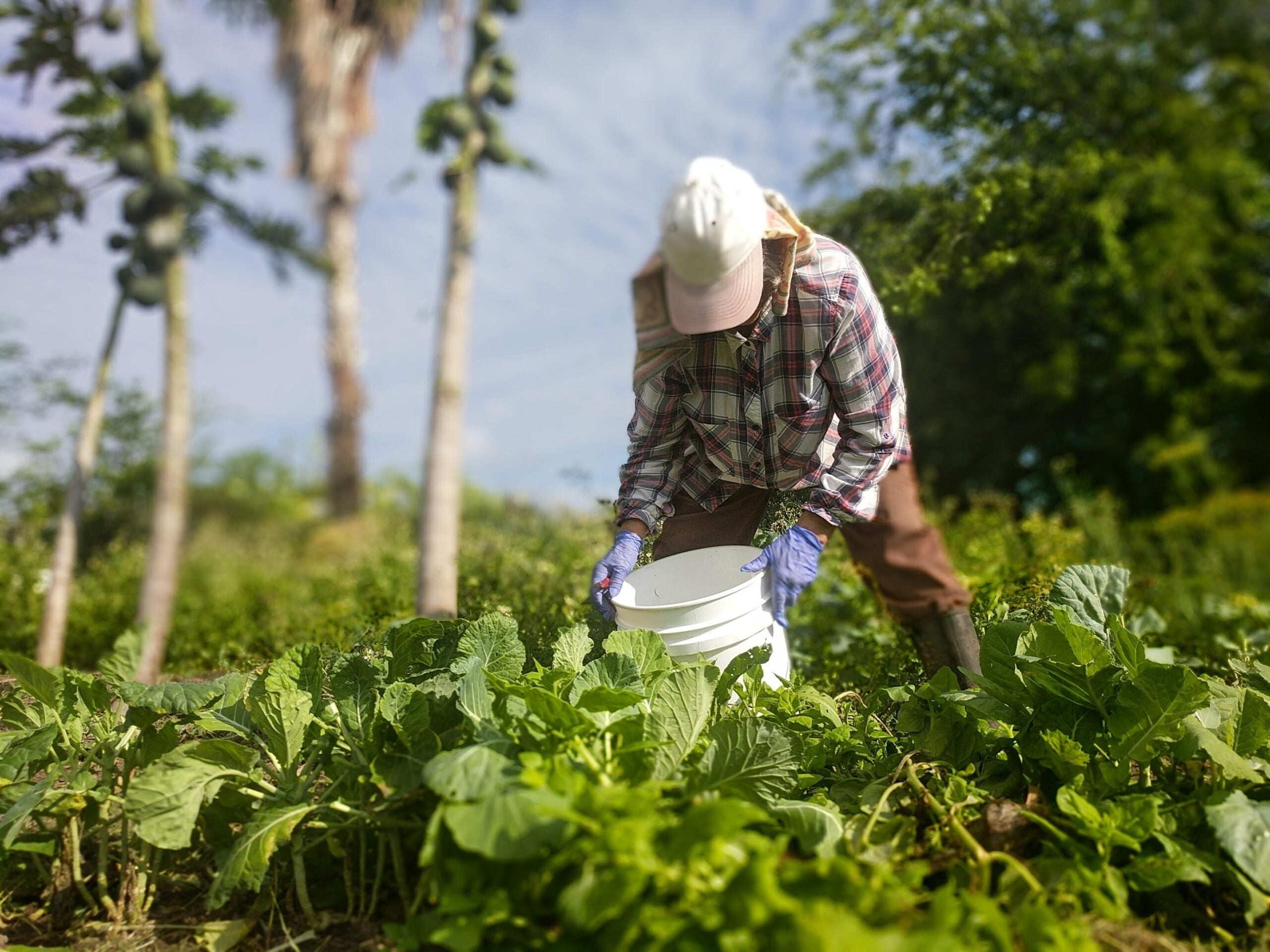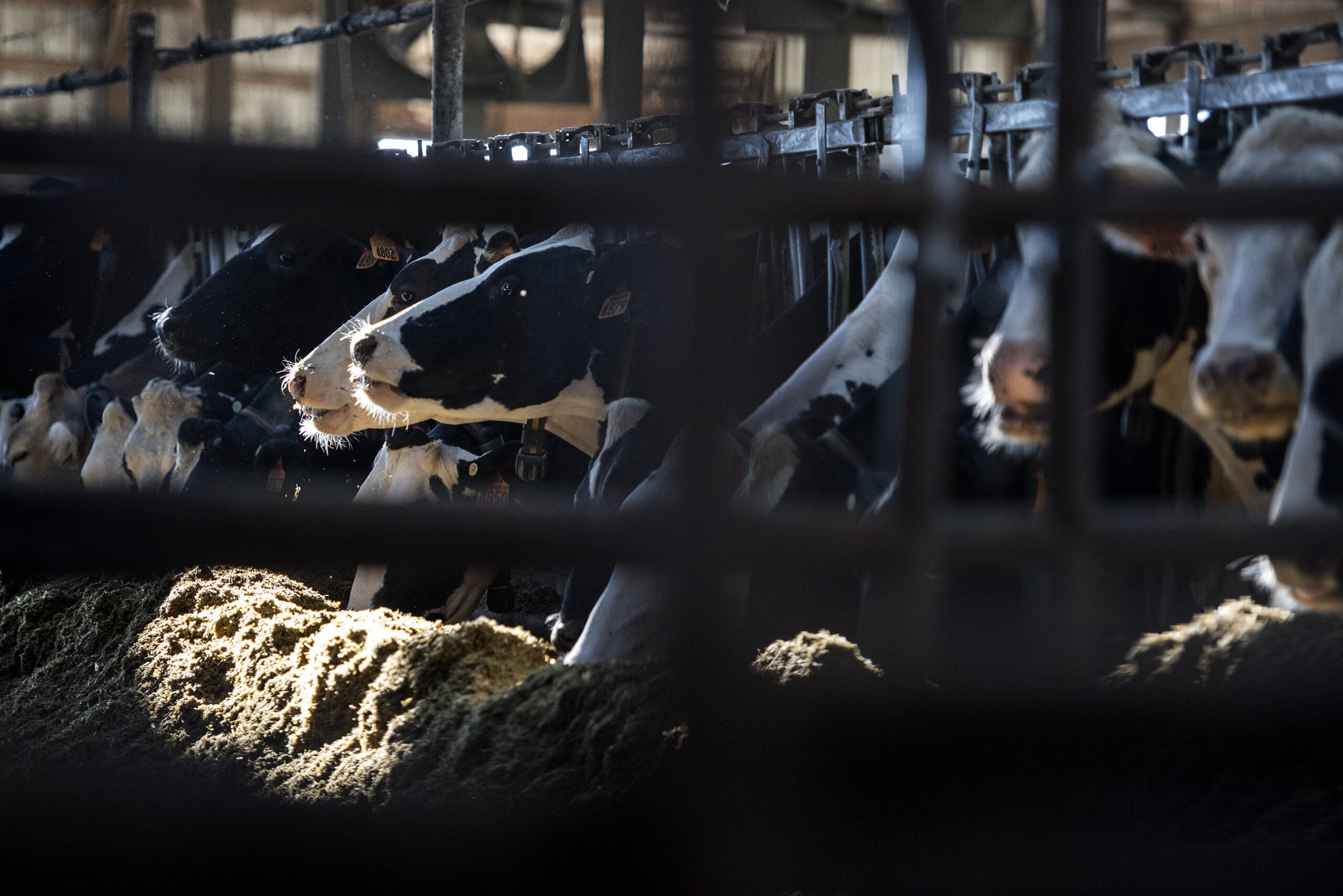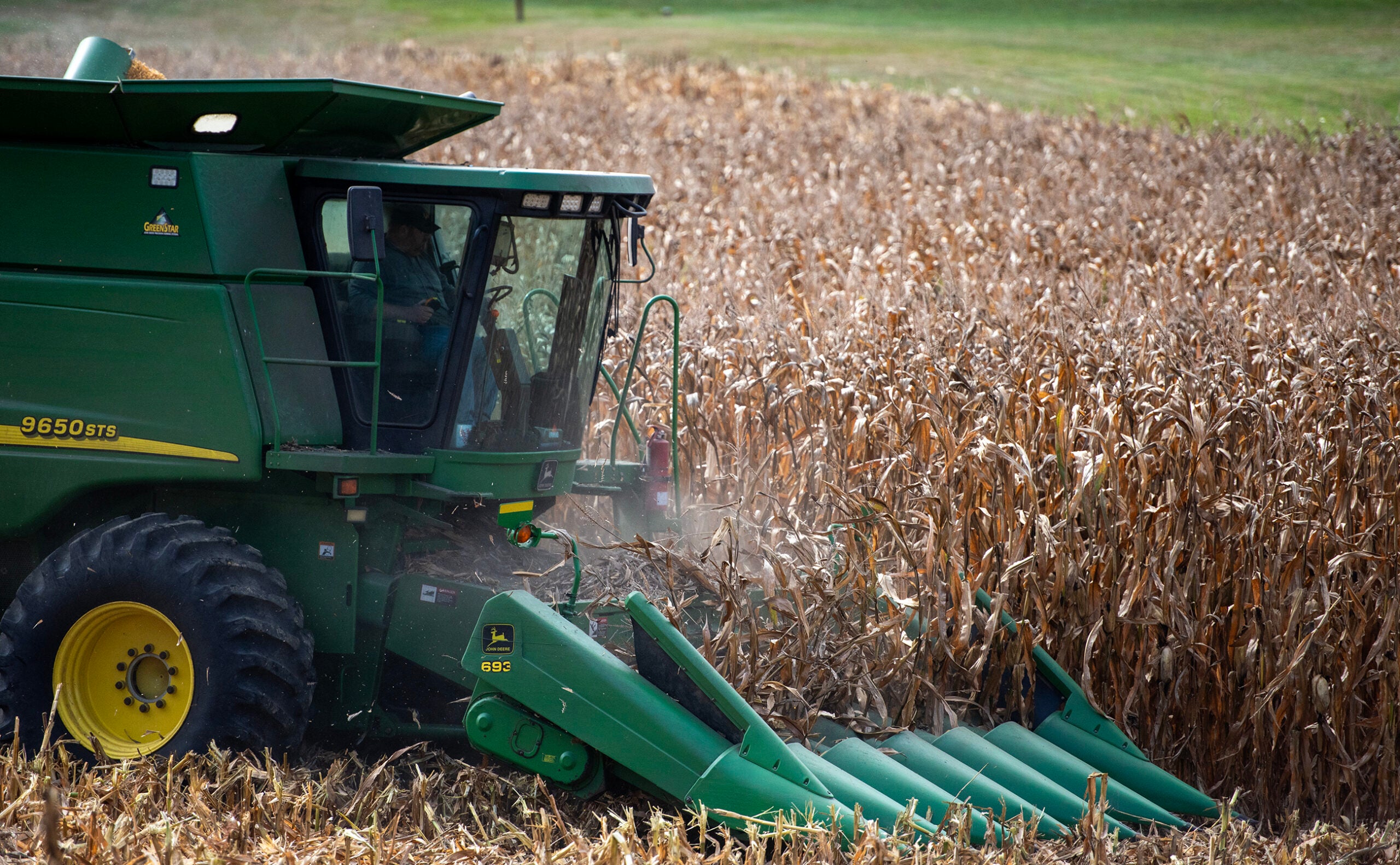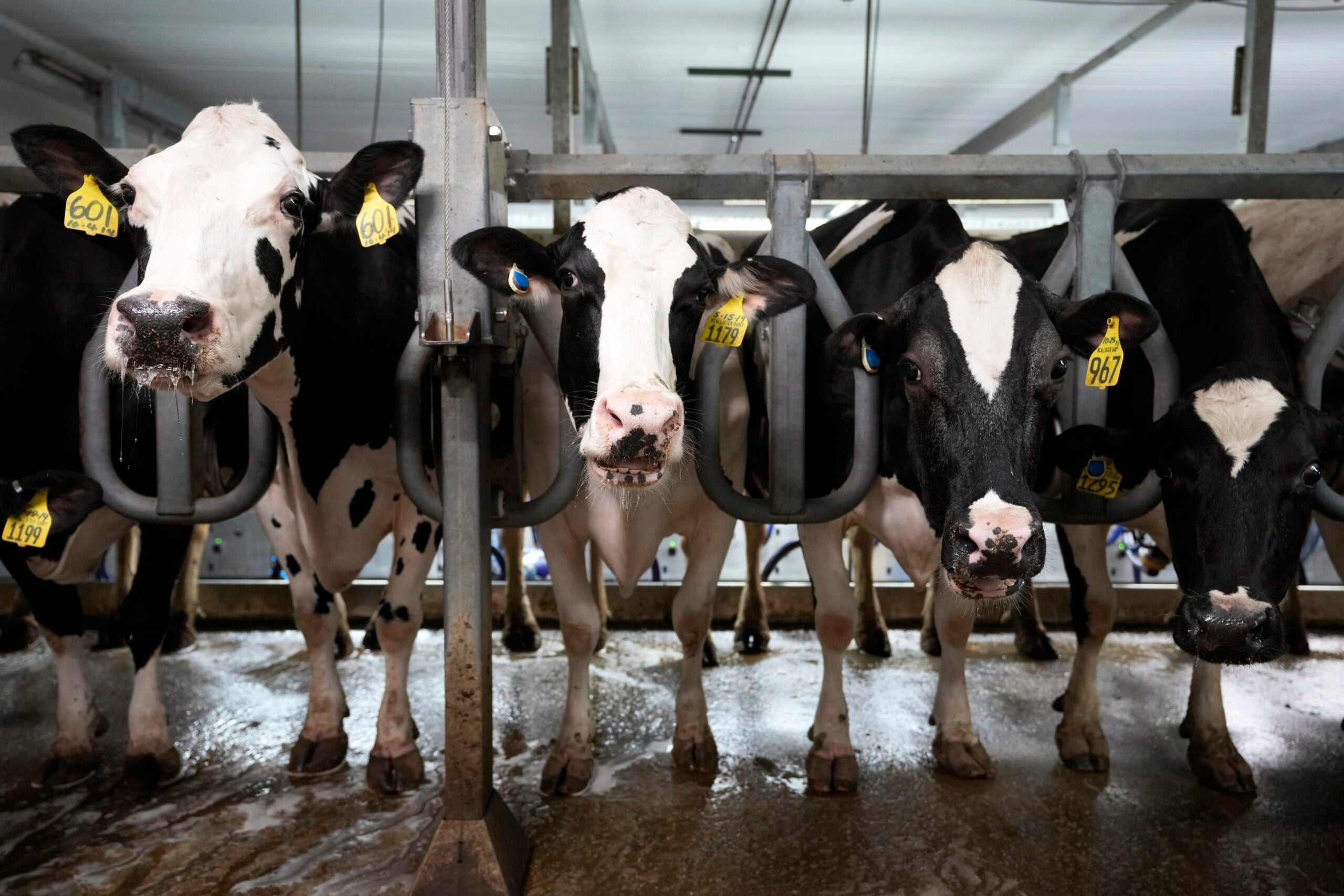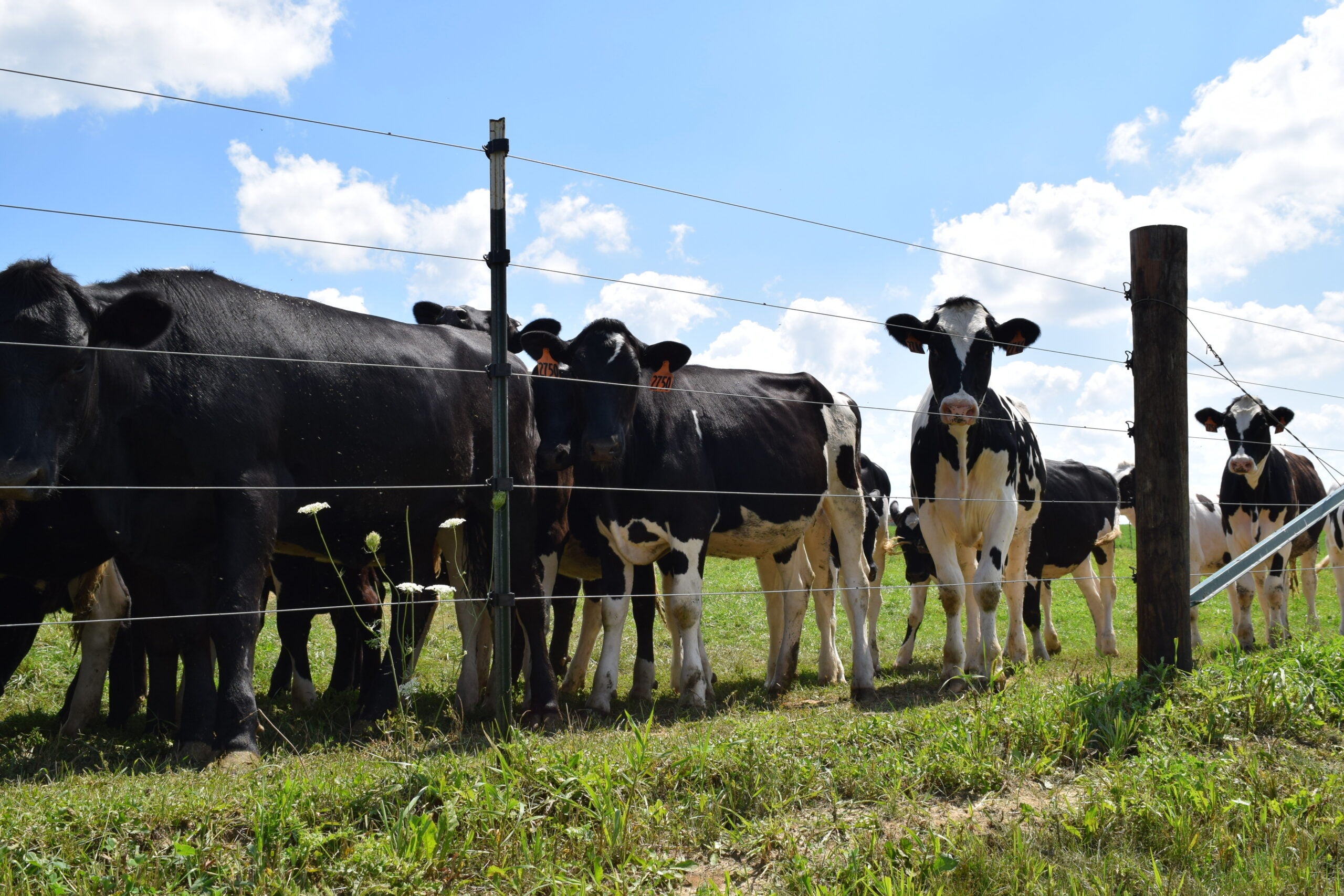Wisconsin farmers can now access mental health counseling any time through the state Department of Agriculture, Trade and Consumer Protection’s new pilot program.
The Farmer Wellness program includes a 24-hour counseling hotline for farm families and the availability of ongoing counseling services over the phone or online. Both are provided by licensed mental health professionals contracted by the Wisconsin Farm Center.
The new pilot is an expansion of the center’s current voucher program, which provides farmers with free vouchers to get counseling at a local provider.
News with a little more humanity
WPR’s “Wisconsin Today” newsletter keeps you connected to the state you love without feeling overwhelmed. No paywall. No agenda. No corporate filter.
Jayne Krull, director of the Wisconsin Farm Center, said creating telehealth resources has been a long-term goal of the department.
“It’s coming at the right time now because of COVID,” she said. “Right now, with people staying at home more and not getting out as much, we feel like the telecounseling is especially valuable at this point in time because you can either do it online or over the phone.”
Krull said the center has also seen a growing need for more mental health resources for producers and their families. She said the department gave out 78 counseling vouchers in 2019, a 49 percent increase from the previous year. And the agency is on track to exceed that number in 2020, with more than 41 vouchers given out so far.
“(Farm Center staff) definitely have seen an increase in the stress and anxiety that farmers are feeling throughout the state. You can definitely feel increasing pressure all the time, with all of the different challenges going on,” Krull said.
She said the pilot started on July 1 and will continue for the next eight months. It’s funded through the 2019-2021 biennial budget, but Krull said she’s confident the Farm Center will find money to continue the program if they can show it’s a useful resource for producers.
“We believe if we get a good response, that we’ll find a way to come up with the funds to keep those counselors on. It’s been a long process getting them onboard and getting all of the approvals and things like that that you need for a service like this. And so we feel like we’ve got the platform in place now,” Krull said.
Joy Kirkpatrick is an outreach specialist for the Center for Dairy Profitability at the University of Wisconsin-Madison. She thinks farm families will utilize the service, not only for its convenience but also for the anonymity telehealth services provide.
“Having someone to talk to, where someone doesn’t have to drive to a clinic and have their car be seen in front of a clinic where people know that that’s a counseling center, I think could be a really attractive way to be able to talk to someone without the stigma of having these struggles,” Kirkpatrick said.
She said there was a high level of stress in farm communities even before the COVID-19 pandemic caused supply chain interruptions and lower commodity prices.
And Kirkpatrick says she’s heard from some farm families that they feel less connected to a social circle to help them get through.
“There used to be the sort of coffee clutches at the local coffee shop or the local feed mill and those are fewer between and harder for people to get to. So I think it’s starting to feel more isolating because of the changes in some of the ways that we do things,” Kirkpatrick said.
Kirkpatrick said there are fewer farm families in Wisconsin as farms continue to consolidate or go out of business. She said those that have remained are more likely to have one or both spouses working an off-farm job to support the operation, leaving less time to build those social relationships.
“Having farmers and people who work with farmers recognize that that is a key part, that community and that social support, in addition to making sure that you’re eating right and sleeping as much as you can,” Kirkpatrick said, “sometimes we forget about that social connection can be so important.”
She hopes the new hotline from the Wisconsin Farm Center will help fill that gap, giving producers someone to process the stress of an uncertain market.
Wisconsin Public Radio, © Copyright 2025, Board of Regents of the University of Wisconsin System and Wisconsin Educational Communications Board.

